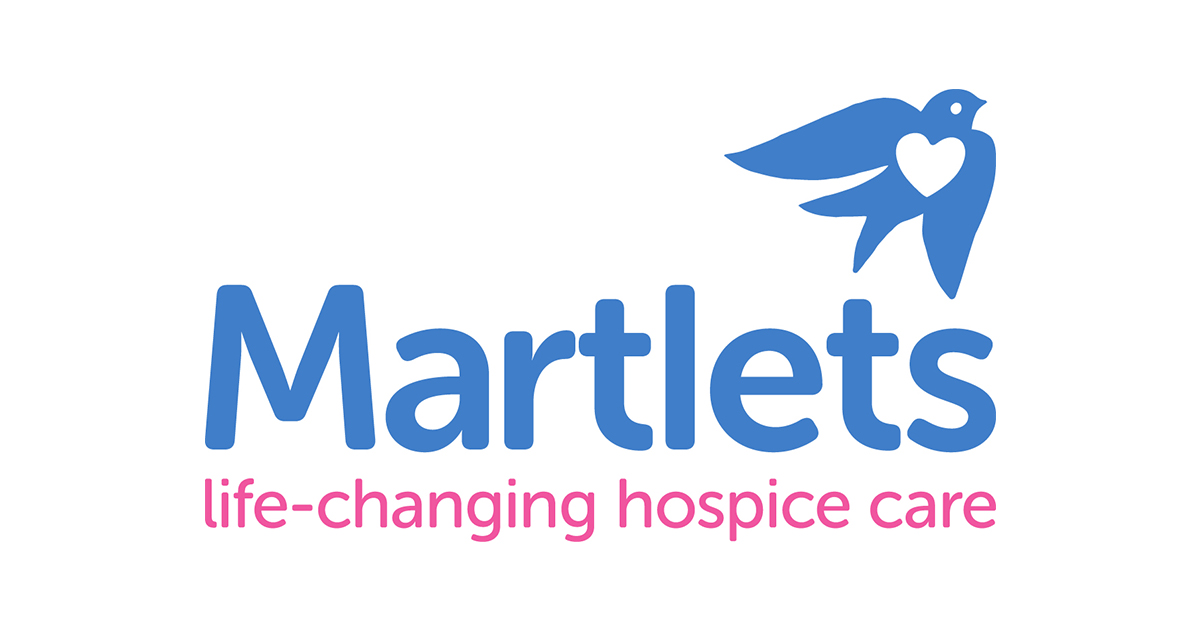
Michael
Barford
Director of Finance and IT
Martlets Hospice
Michael tells us about the prioritisation his role requires, how his broad range of experience has helped him to secure his preference of job and why the charity sector appealed to him after a commerc
Can you tell us a bit more about your experience so far?
My current position is Director of Finance and IT at The Martlets Hospice, based in Brighton and Hove. I have held the position for two months.
My role encompasses the finance function, payroll and IT which includes managing hardware and software applications and communication processes. I also hold the key responsibility of overseeing a capital project currently in the works. The position requires a broad set of skills, leadership experience and extra dimensions such as managing external relationships.
My background has been very varied, I’ve worked in the communications sector – as a regulatory specialist – as well as in the further education sector and as a consultant. But I decided to return to functional finance director roles and was eager to apply my experience to the charity sector.
What does your role look like day to day?
I have supervisory responsibility for a team, but I’m also heavily involved in liaison with the leadership team and the board of trustees. There are numerous relationship management roles that stem from individual projects too. For example, selling properties that we own has entailed communicating with estate agents. On the investment side we are required to have key relationships with investment managers on top of our usual liaisons with banks and auditors.
Lastly, if you are in a leadership position in a charity then you effectively build relationships in a similar way across the entirety of the organisation because you are not just limited to helping with tasks involving your own team but across all departments.
What is the most challenging part of your role?
Maintaining a balancing act between all the moving parts is definitely the most challenging element. It’s brilliant that no two days are the same, but it also means that you need to be reactive to varied and unexpected requests for support from different aspects of the organisation. It requires lots of prioritisation to make sure that all requests are being fulfilled, and above all ensuring that the service of the charity is still being delivered – the most important aspect.
What drew you to the charity finance sector?
The charity finance sector appealed to me for several reasons. Firstly, I’ve found that in charities, regardless of size, there are often opportunities to get involved in multiple projects and you can enjoy quick decision-making. This type of role requires you to come in and hit the ground running, learn quickly and be willing to get stuck into every aspect, and with my experience in a fast-paced role in health and social care, it suited me down to a tee.
Otherwise, working in the education sector made me realise that I wanted to stay in the not-for-profit sector rather than return to a commercial environment. I really value the chance to use my skills for advancing a good cause.
How has your experience helped you to secure this role?
My varied background and the length of experience helped to put me in a strong position to market myself for my preferred job, and I was really pleased to secure this role at such a popular charity.
Of course, broad experience won’t be necessary for all jobs – it may require someone with a narrower, more specialist background instead. But for this role, the charity was looking for someone with a breadth and depth of experience to help to navigate the changes that the team was experiencing. Having that expertise under your belt gives you the confidence to cope with any scenario thrown at you, as you will have likely faced it before. It has also helped in interviews as I can pull examples from different sectors to help to corroborate my skills.
What advice would you give to someone starting out in finance?
It’s important to thoroughly consider what path you want to take and what it will involve, as not every route will suit you. For example, I began a training contract with a chartered accountancy firm and soon realised that it was totally wrong for me. It didn’t suit my personality, so I decided to pursue a role that was more people orientated.
I would also recommend seeking advice from those in the industry, as there will always be others who have been in your situation, and it will help to give you a sense of the wide range of roles that are out there.
